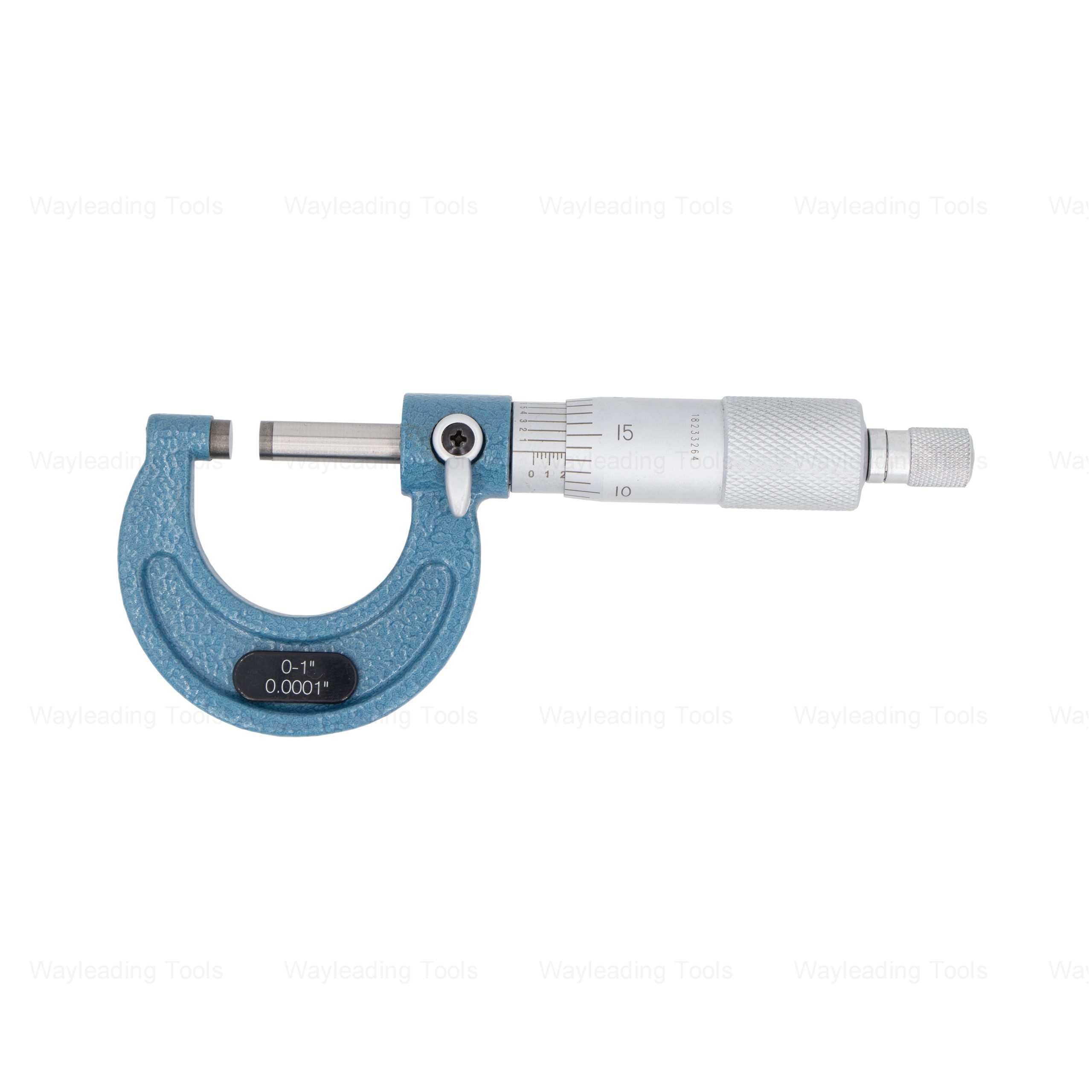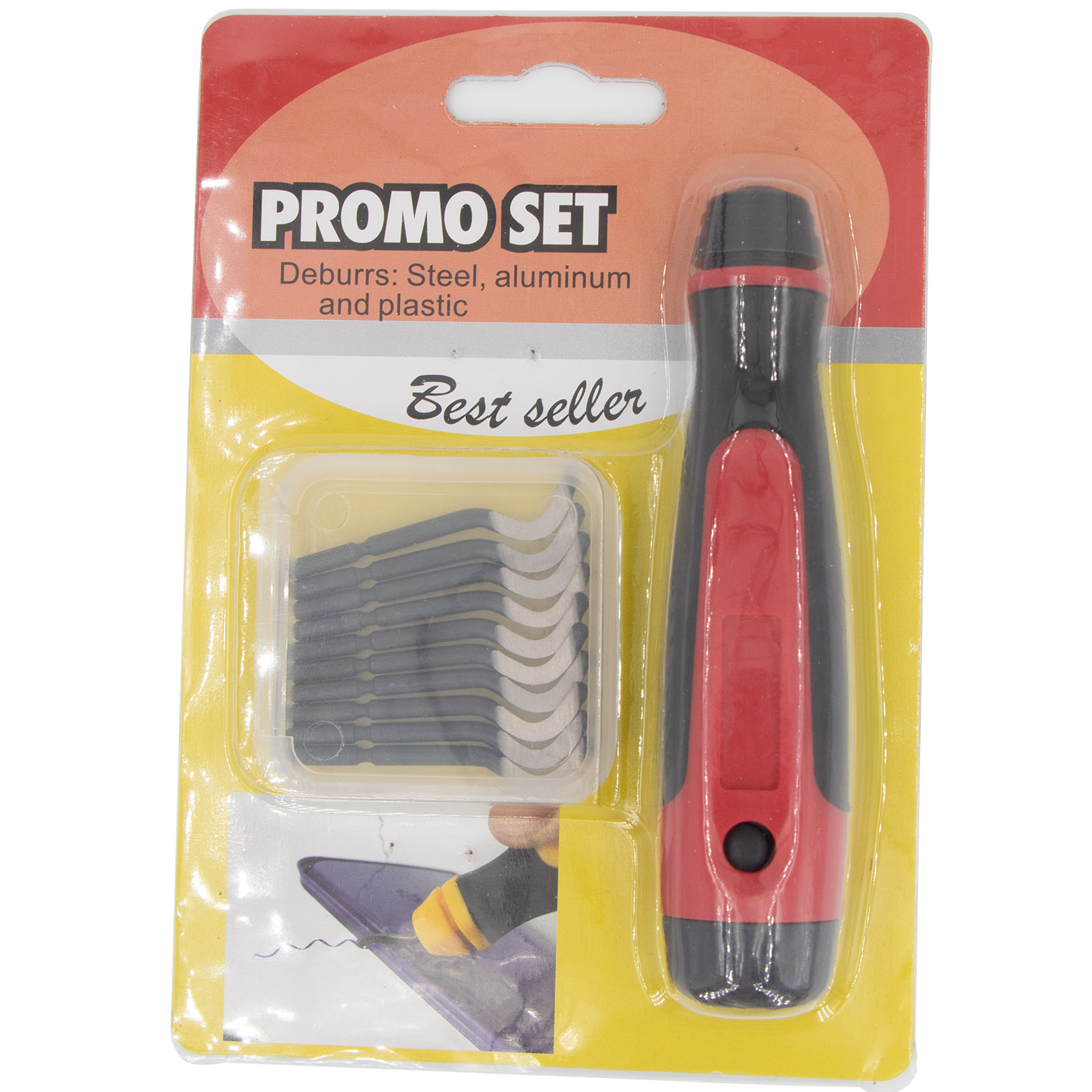measuring tools Suppliers
Finding reliable measuring tools suppliers can be challenging. This guide simplifies the process by outlining essential factors to consider, from product range and quality to certification and customer support. Learn how to choose the best supplier for your specific needs.
Understanding the Importance of Reliable Measuring Tools Suppliers
The accuracy and reliability of measuring tools are critical in various industries, from construction and manufacturing to scientific research. Selecting the right measuring tools suppliers ensures you have access to high-quality instruments that deliver precise and consistent results. Working with a reputable supplier can save you time, money, and potential errors in the long run.
Key Factors to Consider When Choosing Measuring Tools Suppliers
When searching for measuring tools suppliers, consider the following factors:
Product Range and Specialization
A good supplier should offer a diverse range of measuring tools to meet your specific needs. Consider the types of instruments they specialize in, such as:
- Dimensional Measurement Tools: Calipers, micrometers, gauge blocks, height gauges.
- Force and Torque Measurement Tools: Torque wrenches, force gauges, load cells.
- Leveling and Alignment Tools: Laser levels, spirit levels, theodolites.
- Environmental Measurement Tools: Thermometers, hygrometers, anemometers.
For example, Wayleading Tools offers a comprehensive range of dimensional measurement tools including digital calipers and micrometers, all known for their precision and durability. You can learn more about their offerings at www.wayleading.com.
Quality and Accuracy
The quality of measuring tools directly impacts the accuracy of your measurements. Look for suppliers that offer instruments manufactured to industry standards and undergo rigorous testing and calibration. Check for certifications such as ISO 9001 or ANSI/NCSL Z540.3.
Calibration and Certification Services
Regular calibration is crucial for maintaining the accuracy of measuring tools. Choose suppliers that offer calibration services and provide traceable certificates to national or international standards. This ensures your instruments are always within their specified tolerances.
Reputation and Experience
Consider the supplier's reputation and experience in the industry. Look for suppliers with a proven track record of providing high-quality products and excellent customer service. Read online reviews and testimonials to get insights into their reliability and customer satisfaction.
Customer Support and Training
Choose a supplier that offers comprehensive customer support, including technical assistance, product training, and troubleshooting. This ensures you can get the help you need to use your measuring tools effectively and address any issues that may arise.
Price and Value
While price is an important consideration, focus on the overall value you receive. Consider the quality, accuracy, durability, and support offered by the supplier. Investing in high-quality measuring tools from a reputable supplier can save you money in the long run by reducing errors and improving efficiency.
Examples of Measuring Tools and Their Applications
Here are some examples of common measuring tools and their applications:
Digital Calipers
Digital calipers are versatile instruments used for measuring internal and external dimensions, depth, and step. They are widely used in manufacturing, engineering, and quality control.
Micrometers
Micrometers are used for precise measurement of small dimensions. They are available in various types, including outside micrometers, inside micrometers, and depth micrometers.
Laser Levels
Laser levels are used for leveling and alignment in construction and surveying. They project a laser beam to establish a horizontal or vertical reference plane.
Torque Wrenches
Torque wrenches are used to apply a specific amount of torque to fasteners. They are essential for ensuring proper assembly and preventing damage to components.
Comparing Measuring Tools Suppliers: A Practical Approach
To make an informed decision, consider creating a comparison table to evaluate potential measuring tools suppliers based on the key factors discussed above. Here's an example:
| Supplier | Product Range | Quality/Certifications | Customer Support | Price |
|---|---|---|---|---|
| Wayleading Tools | Wide range of dimensional tools | ISO 9001 certified | Excellent support, training available | Competitive |
| Supplier B | Limited range | No certifications listed | Basic support | Lower |
Conclusion
Choosing the right measuring tools suppliers is essential for ensuring the accuracy and reliability of your measurements. By considering the factors outlined in this guide, you can make an informed decision and select a supplier that meets your specific needs. Remember to prioritize quality, accuracy, and customer support to ensure you get the best value for your investment.
Related products
Related products
Best selling products
Best selling products-
 Premium Outside Micrometer – Metric & Inch, Ratchet Stop, Industrial Grade
Premium Outside Micrometer – Metric & Inch, Ratchet Stop, Industrial Grade -
 CNMG & CNMM Turning Insert For Indexable Turning Tool Holder
CNMG & CNMM Turning Insert For Indexable Turning Tool Holder -
 F1 Precision Boring Head With Metric & Inch
F1 Precision Boring Head With Metric & Inch -
 HSS Metric & Inch Woodruff Keyseat Cutter With Straight Or staggered Teeth
HSS Metric & Inch Woodruff Keyseat Cutter With Straight Or staggered Teeth -
 Precision V Block And Clamps Set With High Quality Type
Precision V Block And Clamps Set With High Quality Type -
 Metric HSS Step Drills With Straight Flute
Metric HSS Step Drills With Straight Flute -
 30PCS HSS Metric And Inch Size MINI Tap & Die Set
30PCS HSS Metric And Inch Size MINI Tap & Die Set -
 5C Round Collet With Inch and Metric Size
5C Round Collet With Inch and Metric Size -
 HSS Involute Spline Cutter With PA30
HSS Involute Spline Cutter With PA30 -
 Type E Heavy Duty Deburring Tool Set With Deburring Holder And Deburring Blade
Type E Heavy Duty Deburring Tool Set With Deburring Holder And Deburring Blade -
 Partial profile 55° Threading Insert With ER & IR Type
Partial profile 55° Threading Insert With ER & IR Type -
 Precision Straight Shank To Morse Taper Adapter
Precision Straight Shank To Morse Taper Adapter











